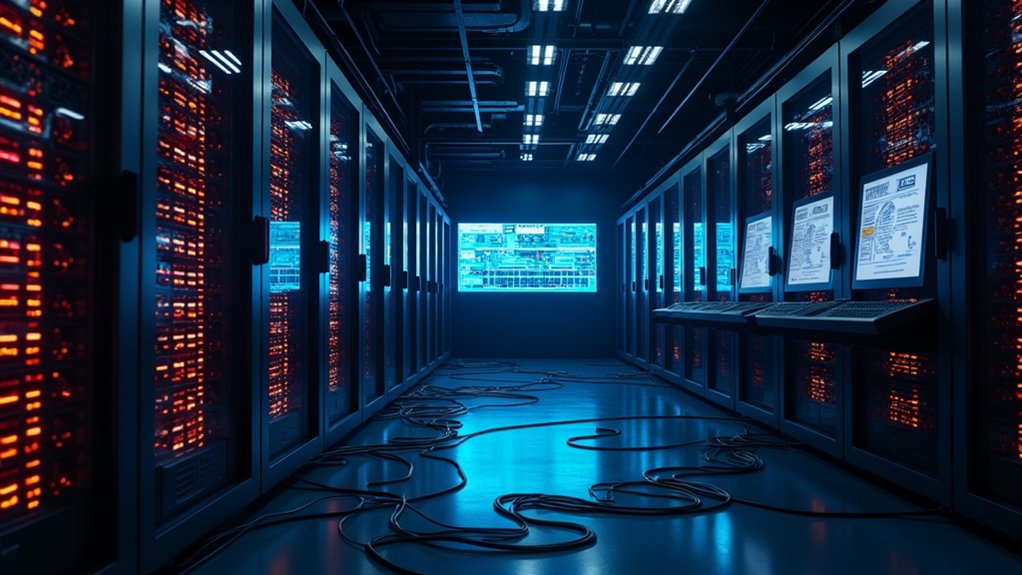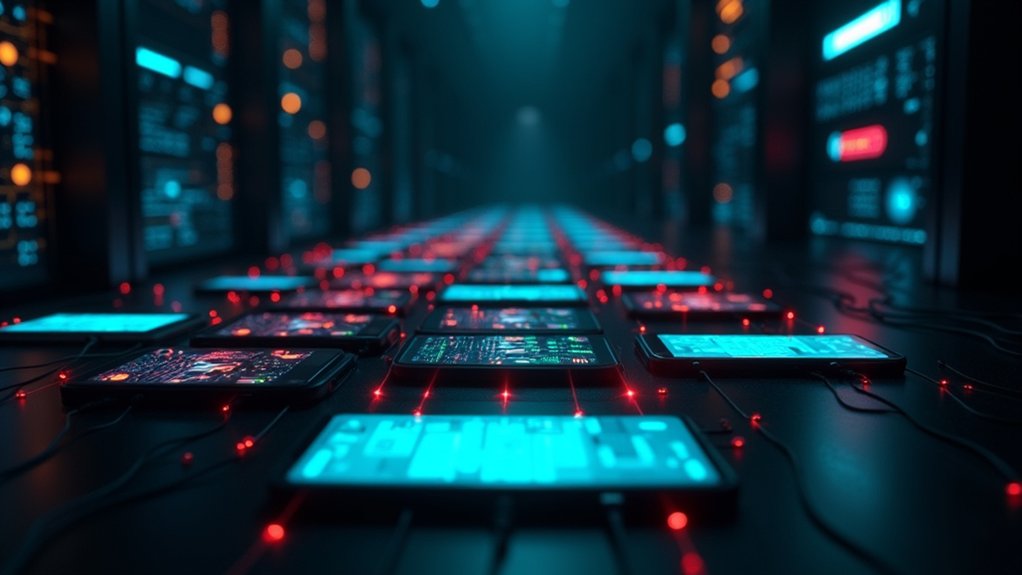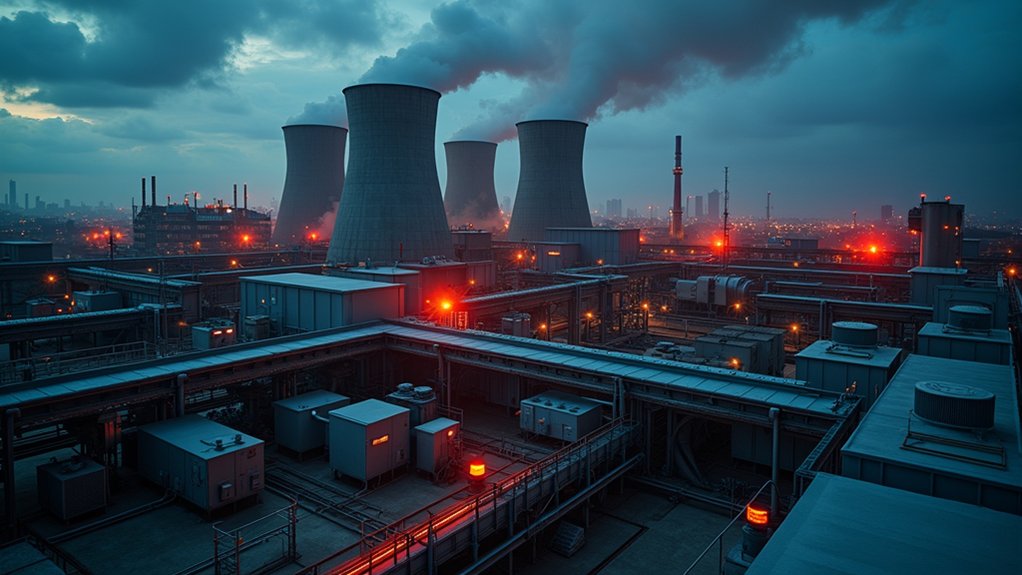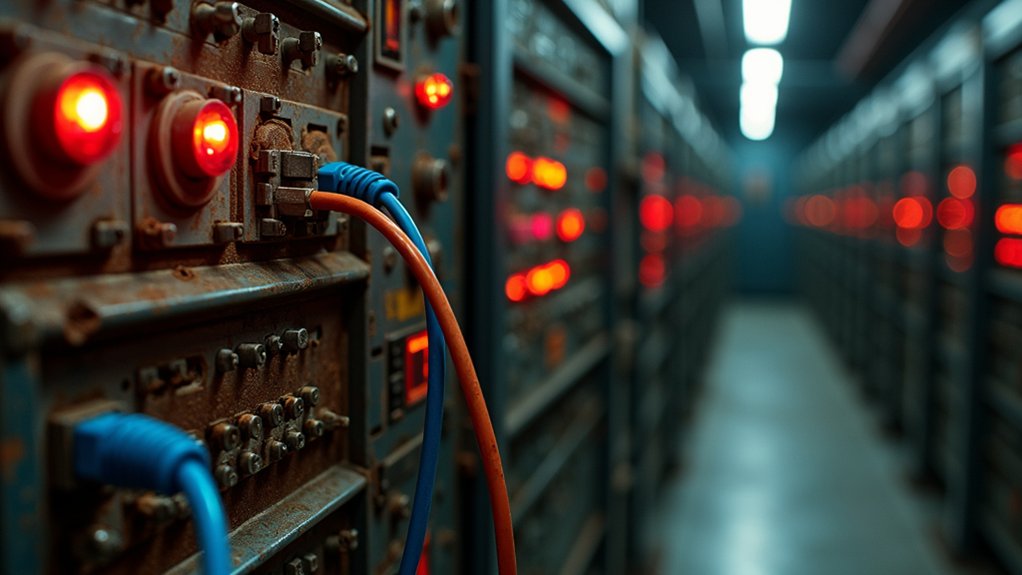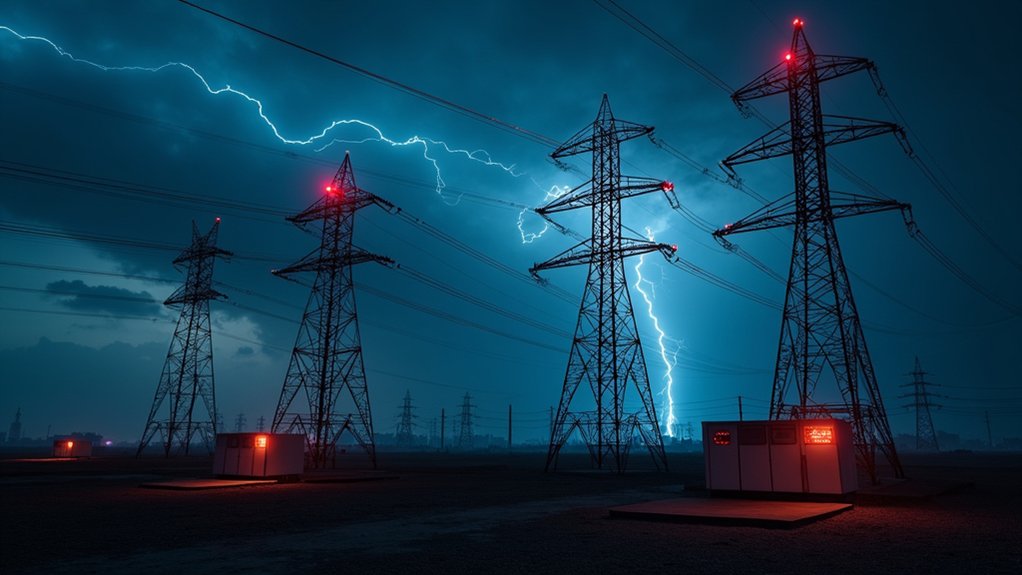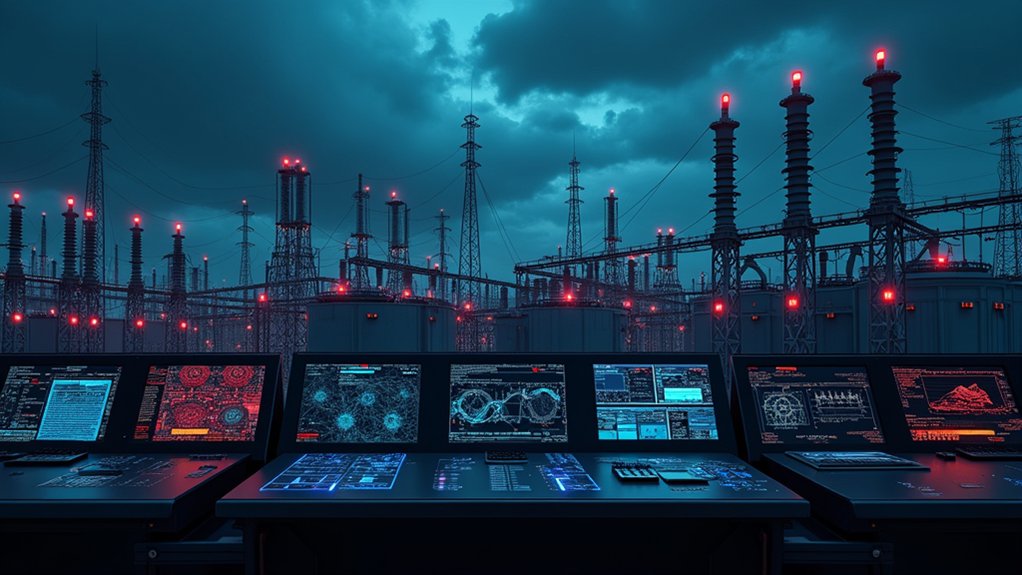Iranian-affiliated hackers have intensified their targeting of U.S. critical infrastructure, prompting repeated warnings from the Department of Homeland Security and federal agencies about persistent threats to essential services. The attacks focus primarily on energy, water, transportation, healthcare, and food manufacturing sectors, with cybercriminals exploiting vulnerabilities in industrial control systems and operational technology to gain unauthorized access.
Federal authorities identify hacktivist groups such as Cyber Av3ngers as particularly dangerous threats, noting their specific targeting of programmable logic controllers at water facilities. These actors employ diverse attack methods including ransomware, distributed denial-of-service campaigns, phishing schemes, brute-force attacks, and espionage operations designed to compromise sensitive networks. Zero-day exploits targeting previously unknown software vulnerabilities have become increasingly common in these attacks, causing widespread system disruptions.
The hackers demonstrate a preference for exploiting known vulnerabilities in unpatched or outdated software, targeting internet-connected accounts and devices with default or weak passwords. Intelligence reports indicate increased collaboration with ransomware affiliates to encrypt, steal, and leak sensitive information from victims, as recent months have witnessed escalating website defacements and data exfiltration attempts.
Historically focused on Middle Eastern targets, Iranian cyber activity may expand considerably to U.S. critical networks if regional hostilities escalate further. U.S. airstrikes on Iranian nuclear sites represent a likely trigger for future cyber retaliation, as the Hamas-Israel conflict has already prompted Iranian-backed actors to intensify operations as protest measures.
Organizations maintaining ties to Israeli research and defense firms face heightened risk levels, placing Defense Industrial Base companies with such relationships under increased scrutiny. Water treatment facilities utilizing Unitronics Vision PLCs have endured repeated attack attempts, as broader targeting encompasses energy sector providers, healthcare institutions, and food production operations. The Islamic Revolutionary Guard Corps has been implicated in various technology compromises targeting these critical infrastructure sectors.
The Department of Homeland Security, Cybersecurity and Infrastructure Security Agency, Federal Bureau of Investigation, National Security Agency, and Defense Cyber Crime Center have issued multiple alerts emphasizing infrastructure threats. These agencies urge operators to review security protocols, implement critical patches, and strengthen defensive measures against potential attacks. Information sharing and analysis centers across various sectors are coordinating threat intelligence to enhance preparedness for emerging Iranian cyber threats.
Despite heightened vigilance across government and private sectors, federal agencies report likely surges in distributed denial-of-service campaigns against U.S. and Israeli websites following recent geopolitical developments, though no large-scale coordinated campaign has been definitively attributed to Iran as of June 2025.
